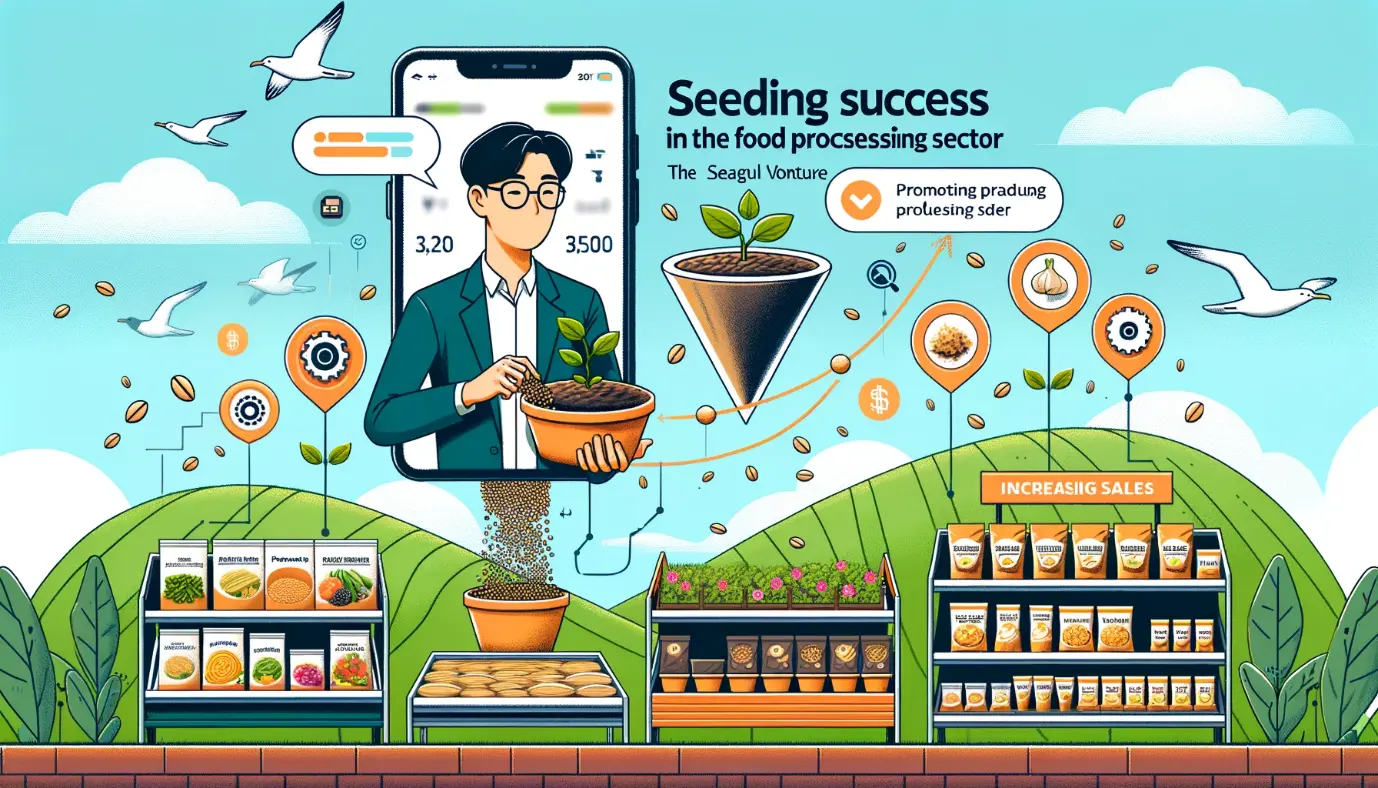
Empowering Scheduled Caste Entrepreneurs through a Model Waste Management Cluster in Madhya Pradesh
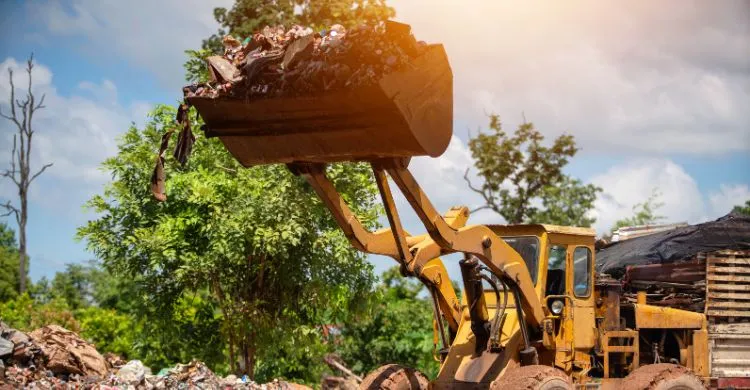
Jul 31 , 2023 Saurabh Mishra, Founder & Director, Seagull Venture Private Limited (10X Growth Strategies)
Introduction
India's rapid urbanization has led to a pressing waste management challenge, impacting the environment and marginalized communities. To address this issue and empower Scheduled Caste (SC) communities, this concept note proposes the establishment of a Model Waste Management Cluster in Madhya Pradesh. By transforming waste into valuable resources, this initiative aims to uplift SC individuals as "senipreneurs" in the state, aligning with the National Action Plan for Municipal Solid Waste Management.
Waste-to-Resource Opportunities in India
India has recognized several waste-to-resource opportunities that offer both environmental and economic benefits:
1. Circular Economy Approach: Shifting towards a circular economy model to minimize waste generation and maximize resource efficiency.
2. Cost of Waste Transportation: Embracing a Hyper Local Circular Economy Approach to reduce the cost of waste processing.
3. Increasing Waste Generation: Harnessing the surge in waste generation to create valuable resources.
4. Waste Segregation and Recycling: Promoting waste segregation at source to extract recyclable materials.
5. Organic Waste Management: Converting organic waste into compost and biogas for agricultural use and renewable energy.
6. Waste-to-Energy Projects: Exploring waste-to-energy projects to convert non-recyclable waste into electricity or heat.
7. Employment and Entrepreneurship Opportunities: Generating employment and entrepreneurship opportunities in the waste management sector.
8. Policy Initiatives: Supporting waste management through policy frameworks like Swachh Bharat Abhiyan and Extended Producer Responsibility (EPR).
9. Innovation and Technology: Encouraging innovation in waste management technologies and solutions.
Objectives
The Model Waste Management Cluster aims to achieve the following objectives in Madhya Pradesh:
1. Promote Sustainable Waste Management: Aligning with the state's environmental goals.
2. Training SC Entrepreneurs: Empowering SC individuals to become entrepreneurs in the waste management sector.
3. Foster Entrepreneurship and Economic Empowerment: Creating a supportive ecosystem for SC entrepreneurs to thrive.
4. Enhance Employment Opportunities: Increasing job opportunities for SC communities in waste management.
5. Strengthen Waste Management Infrastructure: Developing robust waste management infrastructure and practices.
Cluster Structure and Activities
The Waste Management Cluster will operate as a collaborative platform, engaging SC entrepreneurs, stakeholders, and government agencies. Key activities include:
1. Cluster Management Committee: Overseeing planning, implementation, and management.
2. Integrating Waste Segregation and Collection Centers: Maximizing resource recovery through efficient waste sorting.
3. Recycling and Resource Recovery Facilities:
a. Material Recovery Facilities (MRFs): Efficient sorting and recycling of materials.
b. Composting and Bio-methanation Units: Conversion of organic waste into compost and biogas.
4. Waste-to-Energy Facilities: Harnessing energy potential from non-recyclable waste.
5. Research and Development: Encouraging innovation and technology development.
6. Skill Development and Training: Empowering the workforce with waste management skills.
7. Market Linkages and Outreach: Establishing partnerships and promoting responsible waste disposal.
8. Policy Advocacy: Collaborating with government agencies for supportive policies.
Impact and Sustainability
The Waste Management Cluster aims to achieve several impacts:
· Economic empowerment of SC entrepreneurs through income generation and job creation.
· Improved waste management practices, leading to a cleaner environment.
· Strengthened social inclusion by promoting SC entrepreneurship.
· Sustainable and self-reliant waste management ecosystem.
Budget and Implementation
Approximately 5 acres of land and an investment of around 25 crores are required for the project. Funding will be sourced from various channels, including CSR contributions, cluster policies, and Swachh Bharat schemes.
Conclusion
The Model Waste Management Cluster in Madhya Pradesh holds the potential to transform waste into valuable resources while empowering marginalized communities. By fostering entrepreneurship, promoting sustainable practices, and collaborating with stakeholders, this initiative can drive positive environmental and socio-economic change in the state.

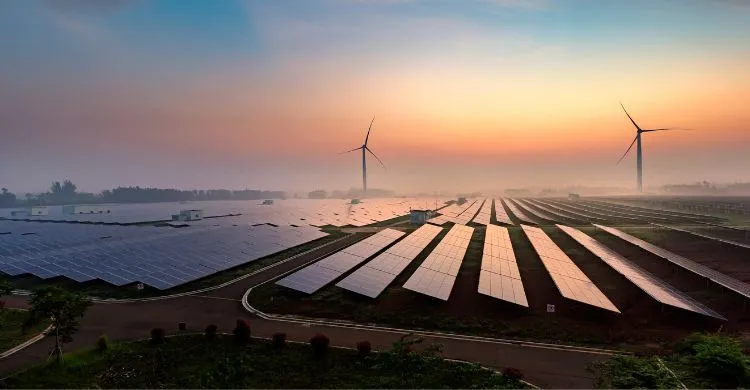








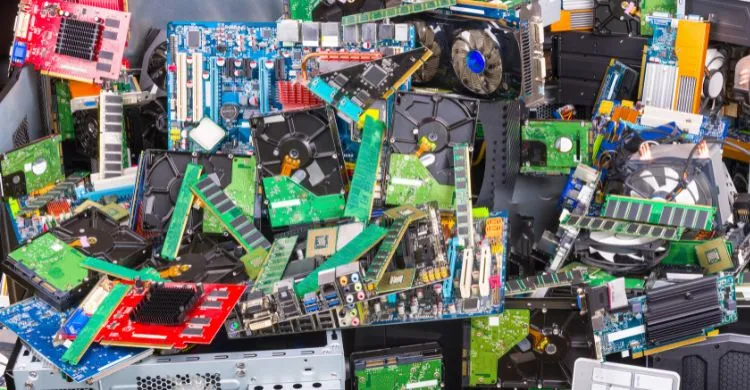
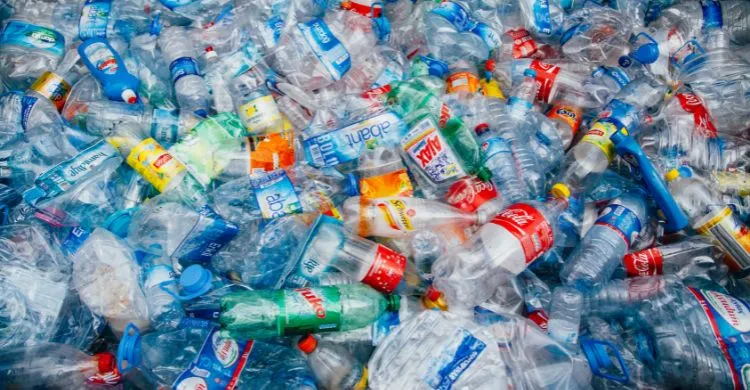
.webp)


